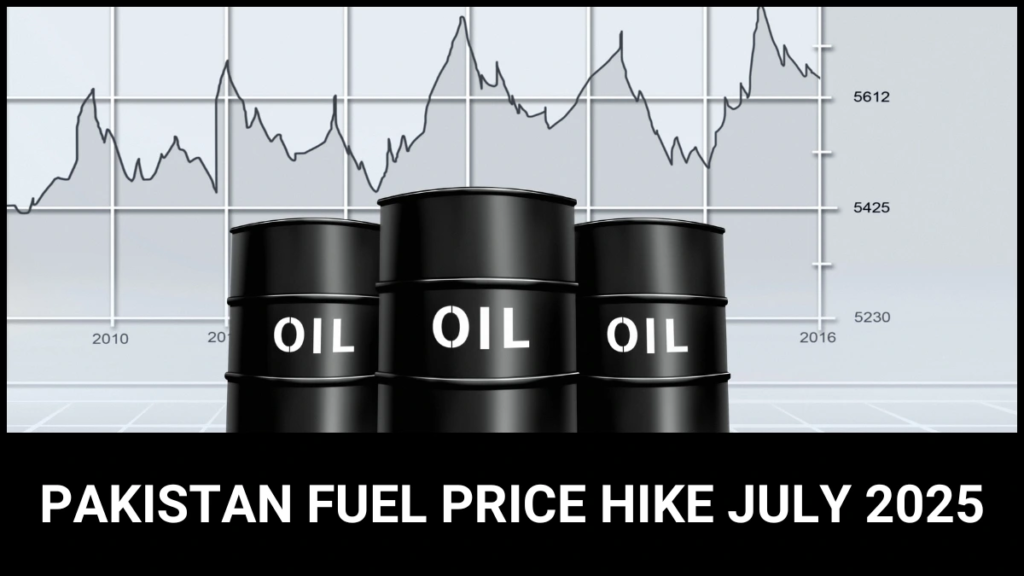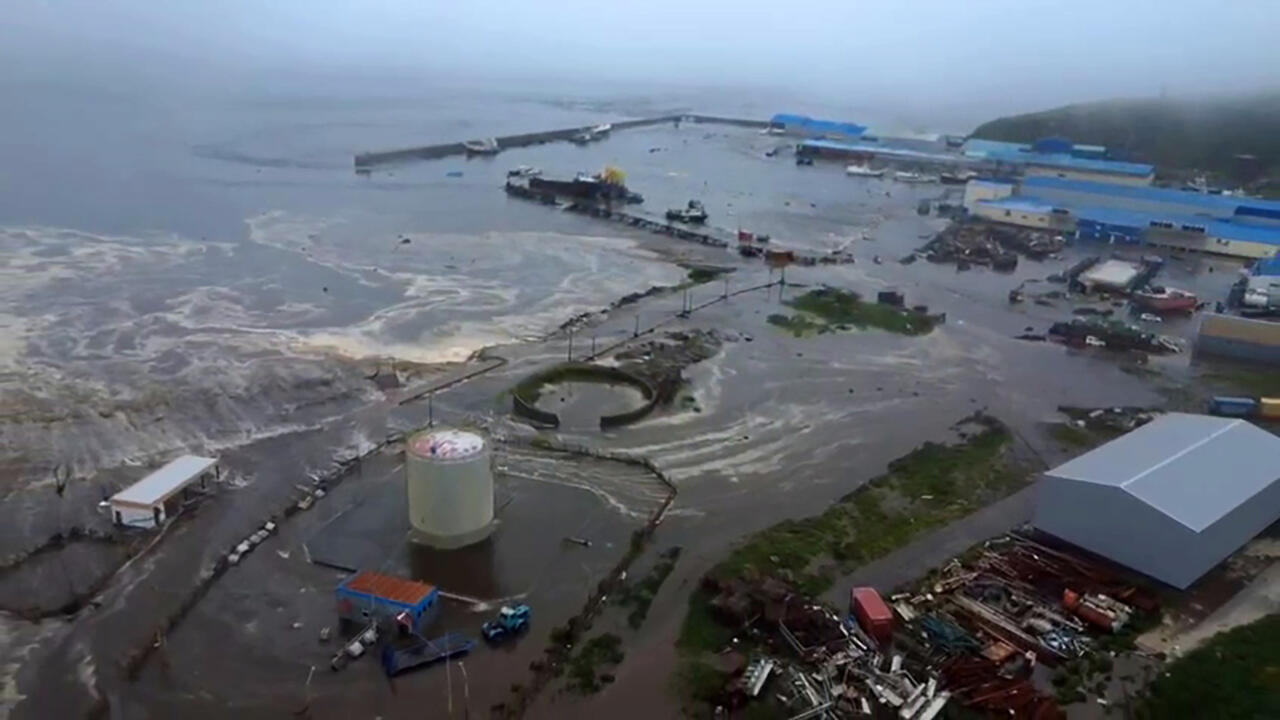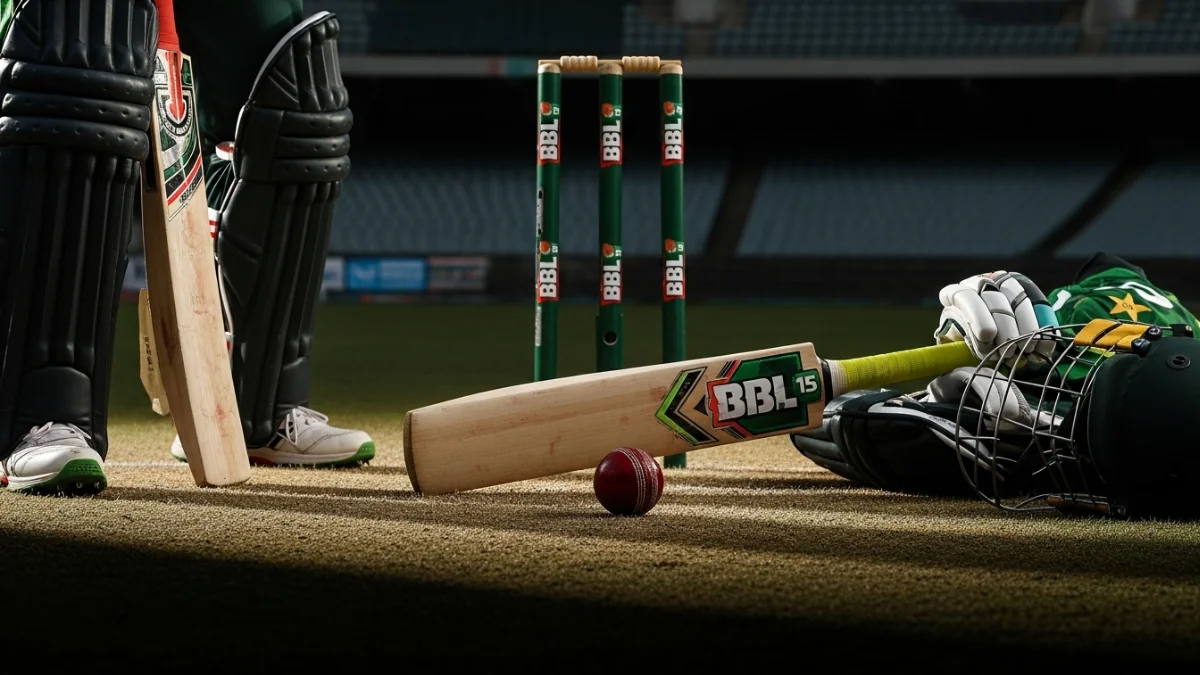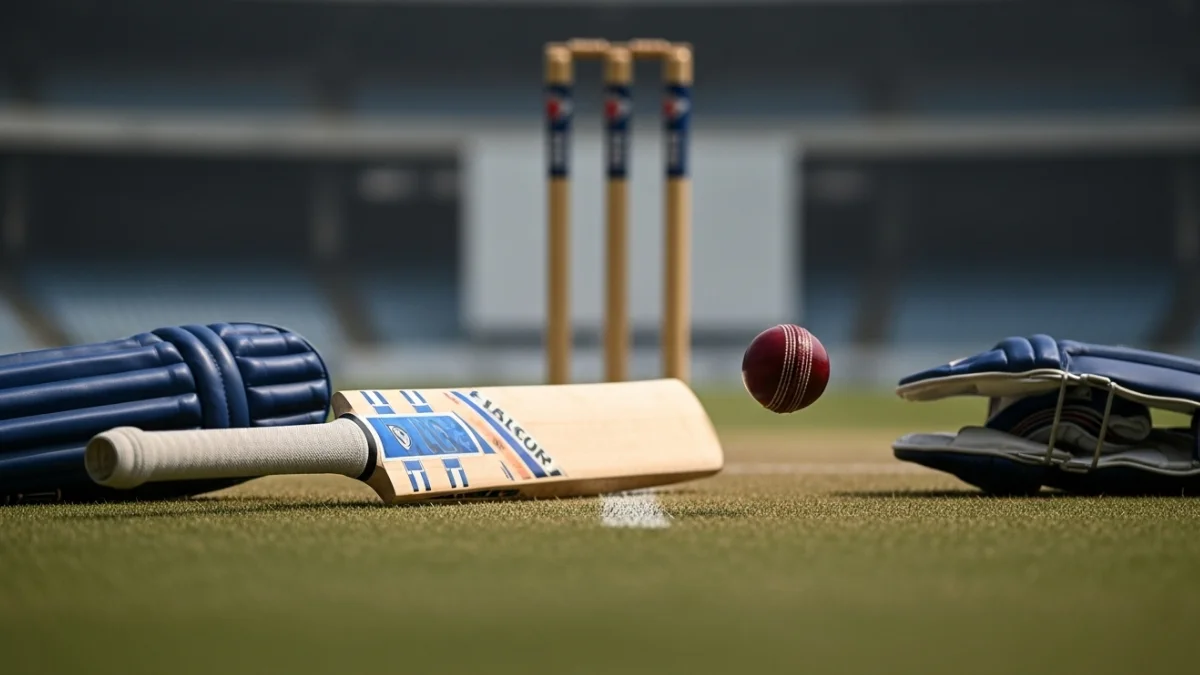
Pakistan Fuel Price Hike July 2025: Petrol and Diesel Costs Surge
- Zain Ul Abideen
- Reading Time 7

Pakistan is bracing for another fuel price increase starting July 16, 2025, as global crude oil prices continue to rise. The Oil and Gas Regulatory Authority (OGRA) has proposed a hike of up to Rs6.60 per litre for petrol and Rs5.27 per litre for high-speed diesel (HSD).
Fuel prices in Pakistan are closely tied to global crude oil prices, which have been volatile due to recent geopolitical events. The 12-day Iran-Israel conflict earlier in 2025 caused a spike in oil prices, with Brent crude futures reaching $70.57 per barrel and U.S. West Texas Intermediate (WTI) at $68.65 per barrel. Pakistan, which imports about 85% of its petroleum, feels the direct impact of these global trends. Additionally, the depreciation of the Pakistani rupee and government taxes, like the Rs2.50 per litre carbon levy, add to the cost at the pump.
The Oil and Gas Regulatory Authority (OGRA) reviews fuel prices every 15 days, considering factors like:
- Global Crude Oil Prices: Fluctuations in international markets directly affect local prices.
- Exchange Rates: A weaker Pakistani rupee increases import costs.
- Government Taxes: Levies like the petroleum development levy (PDL) and customs duties contribute significantly.
- Freight and Distribution Costs: Transporting oil to refineries and fuel stations adds to the final price.
OGRA has completed its calculations based on these factors and will submit a summary to the government for approval by Prime Minister Shehbaz Sharif.
Latest Fuel Price Updates for July 2025
On July 1, 2025, petrol prices increased by Rs8.36 to Rs266.79 per litre, and high-speed diesel rose by Rs10.39 to Rs272.98 per litre. The upcoming review, effective from July 16, 2025, is expected to push prices even higher. However, there’s some relief for kerosene and light diesel users, with proposed reductions of Rs3.74 and Rs2.23 per litre, respectively.
Summarizing the current and proposed fuel prices in Pakistan:
Fuel Type | Current Price (PKR/Litre) | Proposed Increase (PKR/Litre) | Expected Price (PKR/Litre) |
Petrol | 266.79 | +6.60 | 273.39 |
High-Speed Diesel (HSD) | 272.98 | +5.27 | 278.25 |
Kerosene Oil | 171.65 | -3.74 | 167.91 |
Light Diesel | 155.81 | -2.23 | 153.58 |
Note: Prices are subject to final approval by the government and may vary slightly.
Impact on Transportation and Daily Life
The fuel price hike is already affecting transportation across Pakistan. Intercity bus fares have risen by Rs50 to Rs500, depending on the route. For example:
- Karachi to Islamabad bus fares increased from Rs6,400 to Rs6,800 for normal service and up to Rs10,000 for sleeper buses.
- Islamabad to Mansehra fares went from Rs900 to Rs1,000.
- Local transport, including rickshaws and minibuses, saw fare hikes of 5-10%, with minibus stop-to-stop fares rising from Rs35 to Rs38.
Pakistan Railways also raised fares by 2% for express and passenger trains starting July 4, 2025, following a 3% hike on June 18. Air travel hasn’t been spared either, with Pakistan International Airlines (PIA) increasing fares for international routes like Islamabad to Jeddah (up 42% since May) due to higher fuel costs and a new carbon levy on air travel.
These fare increases are putting pressure on commuters and businesses, driving up the cost of goods and services. Passengers are urging authorities to monitor fare adjustments to prevent excessive hikes by private transporters.
Global Crude Oil Trends and Pakistan’s Economy
Global oil prices have been on an upward trend, with Brent crude gaining 3% and WTI rising 2.2% last week. Factors like potential U.S. sanctions on Russia and increased summer demand for fuel are pushing prices higher. However, a possible increase in Saudi Arabia’s oil output and easing Middle East tensions could stabilize prices in the future.
Pakistan’s heavy reliance on imported oil makes it vulnerable to these global shifts. The government’s revenue targets, including a Rs1.4 trillion petroleum levy goal for 2025-26, mean that fuel price hikes are often passed on to consumers rather than absorbed through subsidies. This contributes to inflation, making daily essentials more expensive for millions of Pakistanis.
The proposed fuel price hike awaits final approval from Prime Minister Shehbaz Sharif, with an announcement expected on July 15, 2025. If approved, the new prices will be effective from July 16 to July 31, 2025. Industry experts suggest that the government might reduce the petroleum levy temporarily to ease the burden on consumers, as predicted by Arif Habib Limited (AHL). However, with global oil prices remaining volatile, further adjustments are likely in future reviews.
For now, consumers are advised to stay updated through reliable sources like OGRA’s official website or trusted news platforms. Bookmarking pages like PakWheels or checking government notifications can help you track the latest fuel price changes.
Petrol & diesel prices in Pakistan may rise again from July 16, with petrol up Rs6.60/L & HSD up Rs5.27/L amid climbing global oil prices.
— SAMAA TV (@SAMAATV) July 14, 2025
Media reports some relief expected as kerosene may drop Rs3.74/L & light diesel Rs2.23/L. #SamaaTV #Pakistan #FuelPrices pic.twitter.com/d34GOGtfu1
Petrol and diesel prices are rising due to higher global crude oil prices, a weaker Pakistani rupee, and government taxes like the petroleum levy and carbon levy. Pakistan imports 85% of its fuel, making it sensitive to international market trends.
The Oil and Gas Regulatory Authority (OGRA) reviews fuel prices every 15 days, typically on the 1st and 15th of each month. Adjustments are based on global oil prices, exchange rates, and government policies.
As of July 1, 2025, the petrol price is Rs266.79 per litre. A proposed increase of Rs6.60 per litre could raise it to Rs273.39 per litre from July 16, pending government approval.
Fuel price increases lead to higher fares for buses, rickshaws, taxis, and trains. For example, intercity bus fares have risen by up to Rs500, and local transport fares have increased by 5-10%.
You can check the latest fuel prices on OGRA’s official website, PakWheels, or trusted news platforms like Pakistan.
By staying informed about fuel price trends and their impact, Pakistanis can better plan their budgets and navigate the challenges of rising costs in 2025.
Send Us A Message

Punjab Schools Reopen: New Schedule for August 2025 After Reduced Summer Vacation

Earthquake Today: 5.4 Magnitude Quake Jolts Pakistan, 8.8 Hits Russia

Tsunami Waves Hit Pacific Coasts After Massive Russia Earthquake

Mardan Board Result 2025: Punjab Private Schools Shine, Government Schools Improve














